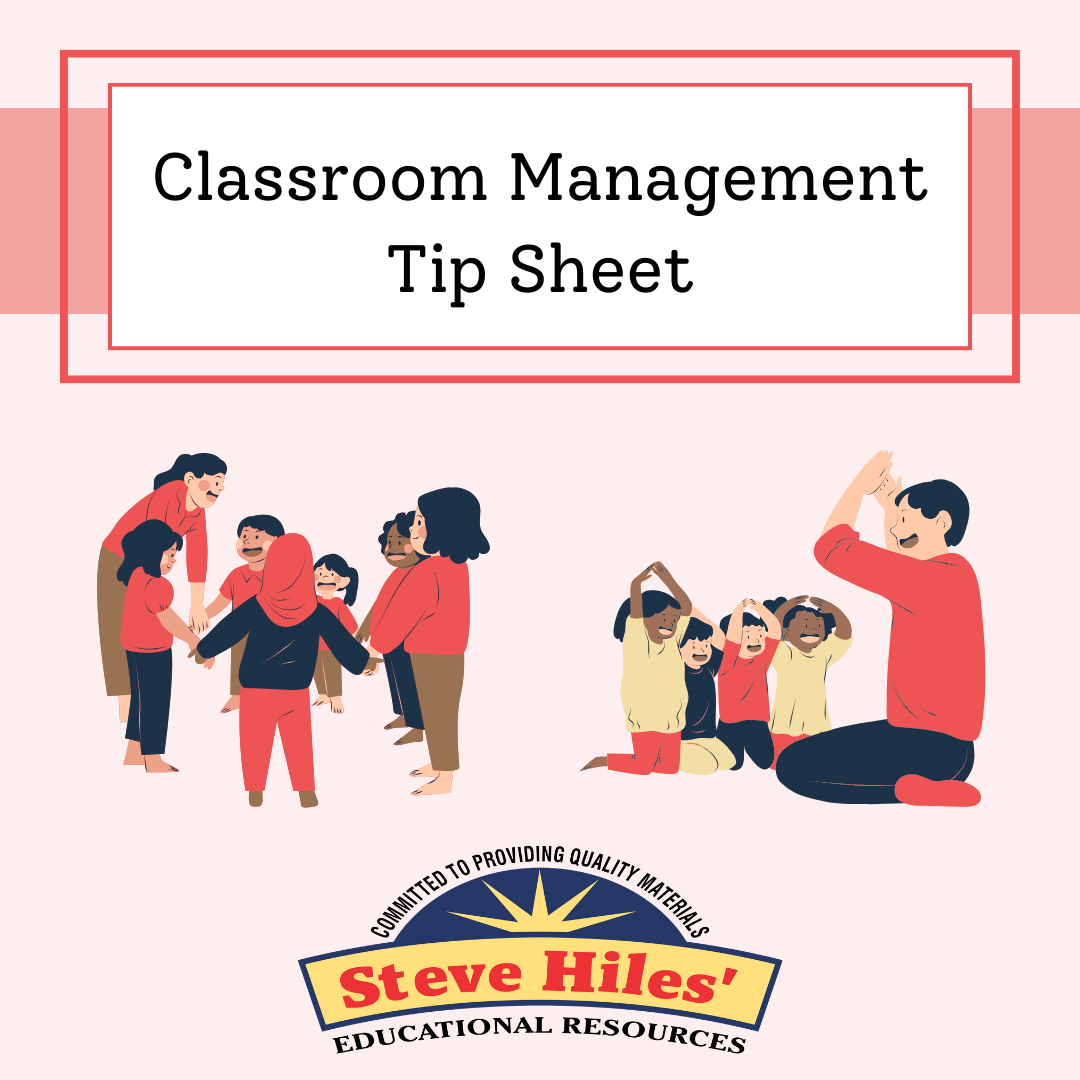All children need love, encouragement, and support, and for kids with learning disabilities, such positive reinforcement can help ensure that they emerge with a strong sense of self-worth, confidence, and the determination to keep going even when things are tough.
In searching for ways to help children with Exceptionalities, remember that you are looking for ways to help them help themselves. Your job as a parent is not to cure the learning disability, but to give your child the social and emotional tools they need to work through challenges. In the long run, facing and overcoming a challenge such as a learning disability can help your child grow stronger and more resilient.
Looking in this matter I wanted to share tips and strategies for new teachers so they can learn ways to challenge these students in a healthy manner and help them achieve their goals in the long run. Always remember that the way you behave and respond to challenges has a big impact on children. A good attitude won’t solve the problems associated with a learning disability, but it can give kids hope and confidence that things can improve and that they will eventually succeed.
First, I’ll be discussing tips & strategies that parents can do to help their child:
Keep things in perspective:
Remind yourself that everyone faces obstacles. It’s up to you as a parent to teach your child how to deal with those obstacles without becoming discouraged or overwhelmed. Don’t let the tests, school bureaucracy, and endless paperwork distract you from what’s really important—giving your child plenty of emotional and moral support.
Become your own expert:
Do your own research and keep abreast of new developments in learning disability programs, therapies, and educational techniques. You may be tempted to look to others—teachers, therapists, doctors—for solutions, especially at first. But you’re the foremost expert on your child, so take charge when it comes to finding the tools they need in order to learn.
Be an advocate for your child:
You may have to speak up time and time again to get special help for your child. Embrace your role as a proactive parent and work on your communication skills. It may be frustrating at times, but by remaining calm and reasonable, yet firm, you can make a huge difference for your child.
Remember that your influence outweighs all others:
Your Student will follow your lead. If you approach learning challenges with optimism, hard work, and a sense of humor, your child is likely to embrace your perspective—or at least see the challenges as a speed bump, rather than a roadblock. Focus your energy on learning what works for your child and implementing it the best you can.
Focus on strengths, not just weaknesses:
Your child is not defined by their learning disability. A learning disability represents one area of weakness, but there are many more areas of strengths. Focus on your child’s gifts and talents. Your child’s life—and schedule—shouldn’t revolve around the learning disability. Nurture the activities where they excel and make plenty of time for them.
Recognizing Exceptionalities:
By understanding the different types of learning disorders and their signs, you can pinpoint the specific challenges your child faces and find a treatment program that works.
In this age of endless budget cuts and inadequately funded schools, your role in your child’s education is more important than ever. Don’t sit back and let someone else be responsible for providing your child with the tools they need to learn. You can and should take an active role in your child’s education.
If there is demonstrated educational need, the school is required by law to develop an Individualized Education Plan (IEP) that delivers some educational benefit, but not necessarily one that maximizes student achievement. Parents who want the best for their kids may find this standard frustrating. Understanding special education laws and your school’s guidelines for services will help you get the best support for your child at school. Your child may be eligible for many kinds of accommodations and support services, but the school might not provide services unless you ask for them.
Now let’s talk about other ways you can implement to benefit student’s learning abilities. I will be sharing 11 of these.
- Use computer-based programs to hold the interest of students:
You can use your own images to personalize lesson plans for students who have specific interests. One standardized platform allows teachers to create effective, customized lesson plan, that can be shared with other students and teachers who may share the same interests. The products preceding Stages Learning Line have been researched and implemented in schools around the world and have proven to be effective learning tools for instructing students.
- Set the desks in the classroom is rows:
Rather than using circular seating around large tables, if possible. Students with autism need their own space. The student with ADHD is easily distracted, so a seat close to the teacher, facing forward works best. Children with special needs are easily distracted, so keep their desks away from the windows, doors and activity centers in the classroom.
- Post classroom rules in a conspicuous place in the classroom, and review the regularly:
Ask students to take turns reading the rules aloud as part of the daily routine. Make sure all students understand the rules of the classroom and the consequences for not adhering to them. It may be helpful to allow the class to help formulate the classroom rules.
- Use visual aids:
such as charts, graphs, and pictures. The Stages Learning Line computer program consists of colorful, vivid pictures that are sure to please. Children with autism tend to respond well to technology. Stages Learning Line is very appealing to them and allows them to be interactive while learning.
- Peers can be wonderful role models for students on the spectrum:
Pair compatible children together when working on projects or participating in classroom activities. Many children welcome the opportunity to be a peer role model to the special needs student. The experience is not only positive for the student with autism, but for the peer counselor as well.
- Have a predictable schedule:
Children with autism tend to prefer predictable routines. Give advance warning if the daily schedule is going to change. If there is going to be a field trip, a special guest in the classroom, or a substitute teacher, try to let the class know in advance. Unexpected changes in the routine can be difficult for the child with autism.
- Teach social skills:
Social skills such as hand raising, taking turns, and sharing as part of the learning curriculum. All students will benefit when reminders are given. Children with autism often engage in self-stimulating behaviors such as hand flapping, rocking or even slapping themselves in the face. Help the other students in the class understand these behaviors.
- Provide opportunities to take a break:
Read a story, play a short game, stand up and stretch, or have casual conversation. Sometimes an opportunity to get out of his seat and walk around the room can be very calming for the child on the autism spectrum. Try to be aware of the signs that your student may need a short break.
- Focus on student strengths:
If a child is interested in dinosaurs, baseball, dogs, or water sports, he or she needs the opportunity to exhibit expertise in that subject. Stages Learning Line was developed with the personalized lesson plan in mind. Students with autism thrive when they are studying a lesson plan that was formatted specifically for them.
- Be aware of environmental triggers:
Loud noises, bright lights, and hot or cold temperatures can disrupt a child’s thinking pattern and cause an unnecessary classroom outburst. Be mindful of these environmental triggers and eliminate them whenever possible.
If you are an individual teacher who is struggling to support diverse learners in your classroom, consult with your school psychologist, special education team, and counseling support staff. These team members are on the forefront of emerging best practices and can consult with you to come up with innovative ways to ensure that kids feel connected, engaged, and supported.
Most importantly though, connect with the parents! Parents are doing the best they can with the tools and skills they have at home, under stressful circumstances. When educators partner with parents, especially now, when the parent is the primary source of support during the day, that’s where the real change can happen for our students.
This is the new normal for now. The landscape is constantly changing, so we must take measures to adapt, in the best way we can, with the tools we have available. While we can’t smooth out the ocean of challenges altogether to provide an ideal learning experience in a pandemic, we can figure out ways to ride out the waves together, so we are providing the best educational experience for our students as we possibly can. The only way we will get through this is together.







